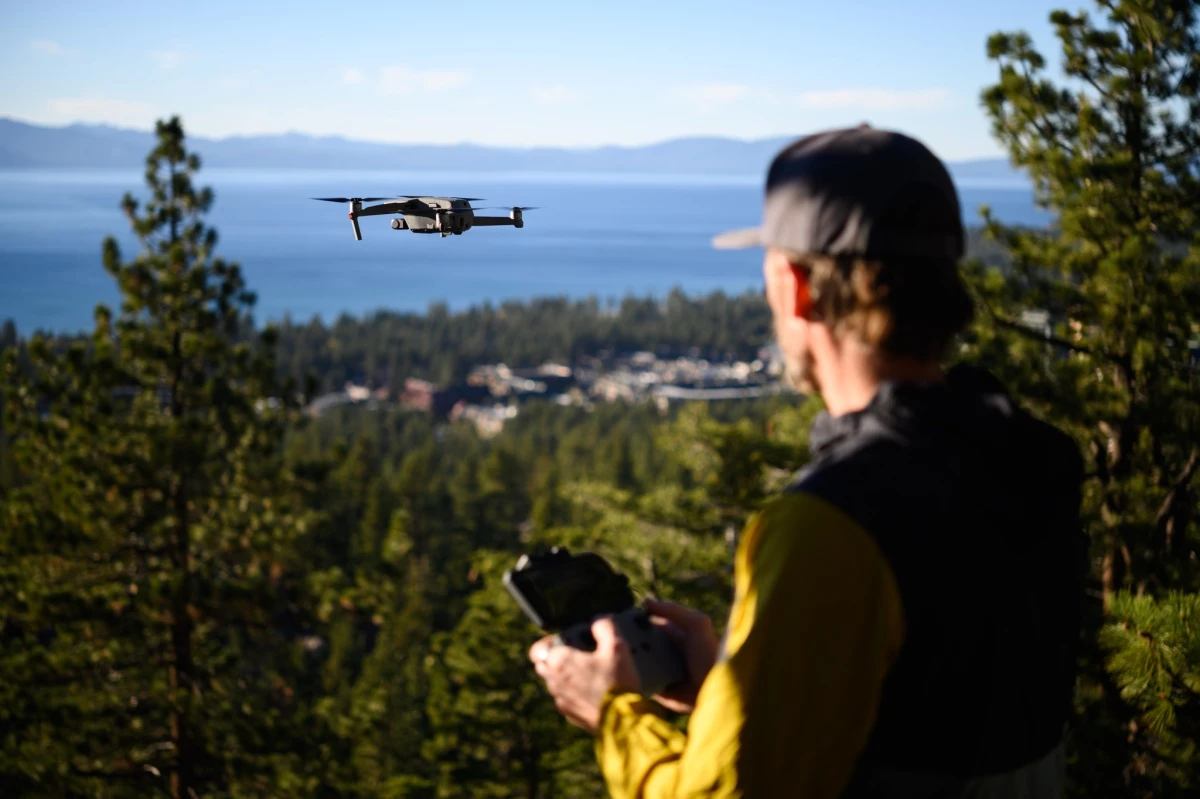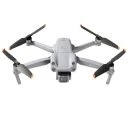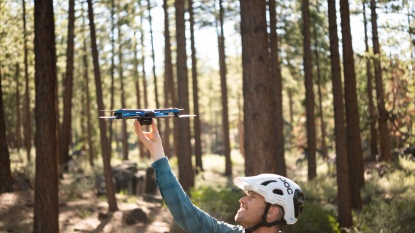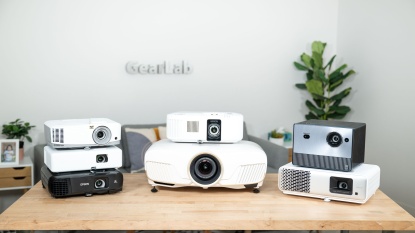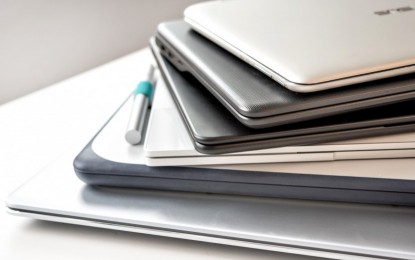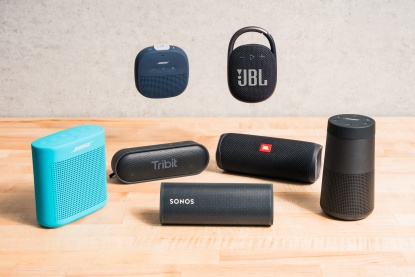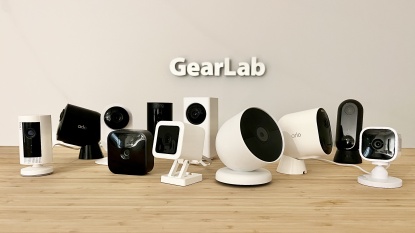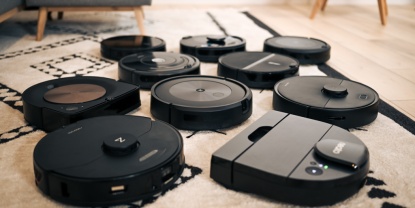The Best Camera Drones
We've tested over 30 drones in the last seven years, highlighting 9 top contenders in this review. After hundreds of hours of flying, we can help you find the best model for your needs and budget. Our consultations with professional drone pilots allowed us to find the most adept fliers, our in-house professional photographers and videographers helped us find the most cinematic models, and our panel of newbie pilots revealed the most user-friendly options. Whether you're an experienced aerial videographer or a new pilot, our testing results will help guide you to the right drone.
If you're interested in drones but want a less sophisticated model or one that's suitable for children, check out our review of the best drones for kids. These models will get you flying without dropping too much cash. Looking for a camera for capturing wildlife images in the great outdoors? See our review of the top trail cameras.
Editor's Note: We updated this review on April 5, 2024, to include more information on our testing process.

